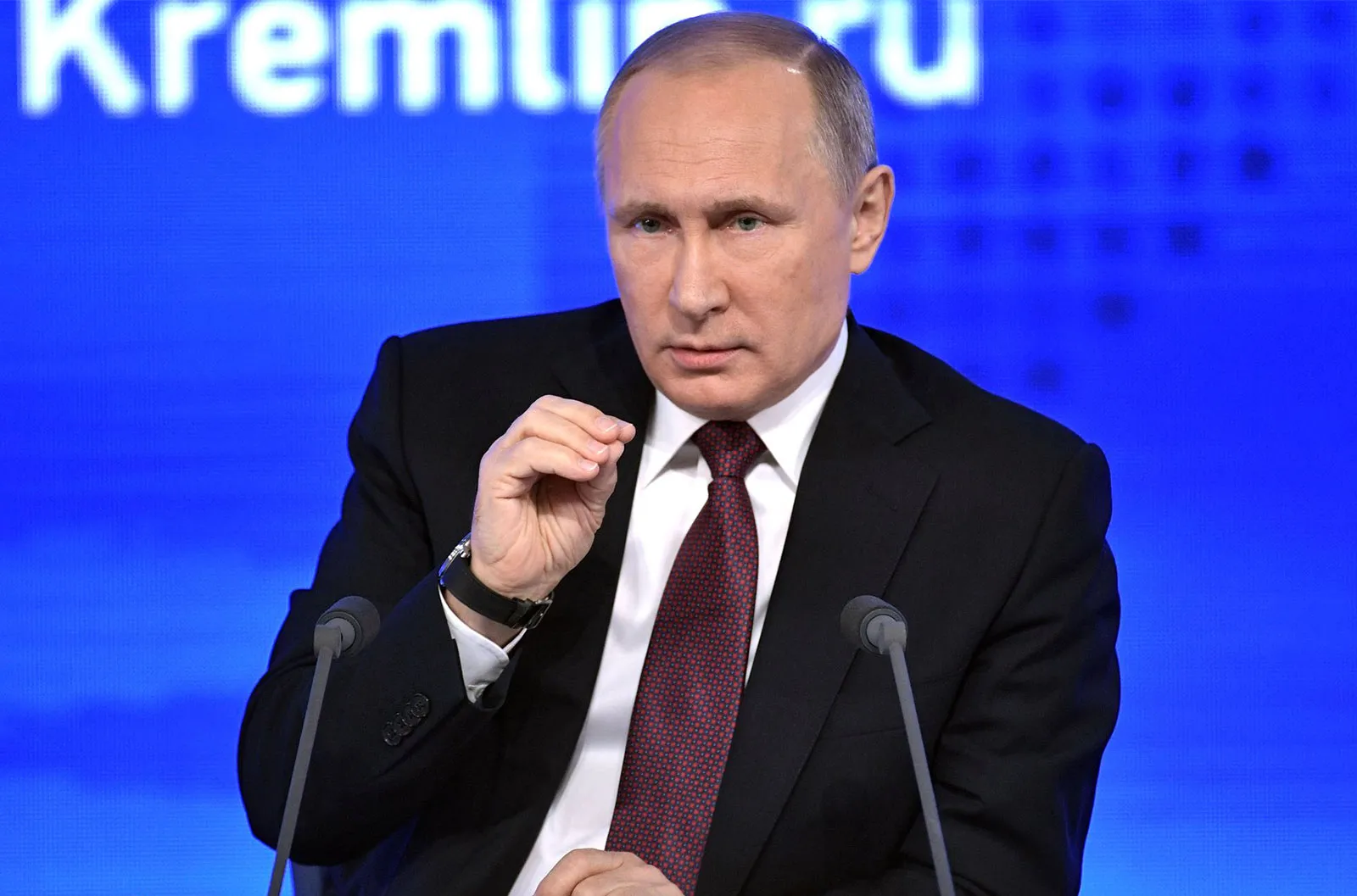
Recent developments in the Russia-Ukraine conflict signal an intensification of military capabilities on both sides. Following a missile strike on the Ukrainian city of Dnipro, Russian President Vladimir Putin announced the readiness of new “Oreshnik” hypersonic missiles, claiming they travel at ten times the speed of sound and are resistant to interception.
The strike on Dnipro, which observers described as unusual, resulted in explosions lasting three hours. Ukrainian officials reported the impact resembled that of an intercontinental ballistic missile. Security analyst Justin Crump of Sibylline indicates the missile represents a significant challenge to Ukrainian air defenses, suggesting Moscow may have intended the strike as a strategic warning.
This development follows Ukraine’s first-time deployment of US and British missiles into Russian territory. In response, President Volodymyr Zelensky has requested enhanced air defense systems from Western allies, specifically seeking US Terminal High Altitude Area Defense (THAAD) or upgraded Patriot systems, according to Interfax-Ukraine.
The escalation has prompted varied international responses. Polish Prime Minister Donald Tusk warned of potential global conflict implications, while Hungarian Prime Minister Viktor Orban emphasized the importance of taking Russian military capabilities seriously. China’s foreign ministry called for restraint from all parties, prompting criticism from Zelensky who characterized Russia’s actions as mocking such diplomatic positions.
The conflict has additional complexity with North Korea’s involvement. Ukrainian forces report encountering North Korean troops in Russia’s Kursk region, where Ukraine maintains some territorial control. US President Biden confirmed authorizing Ukraine’s use of longer-range Atacms missiles within Russian territory in response to North Korea’s military support of Russia.
As the conflict approaches its second anniversary since Russia’s February 2022 invasion, both sides appear to be seeking tactical advantages. The situation occurs against the backdrop of upcoming US presidential elections, with candidate Donald Trump stating he would resolve the conflict rapidly, though without specifying methods.
Zelensky has maintained a focus on domestic response to the threats, criticizing the Ukrainian parliament for postponing a session due to security concerns. He emphasized the importance of continuing normal operations unless air raid signals necessitate shelter, stating, “There is no other way in war.”
The situation reflects an evolving conflict where technological capabilities, international alliances, and diplomatic positions continue to shape its trajectory.

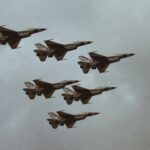


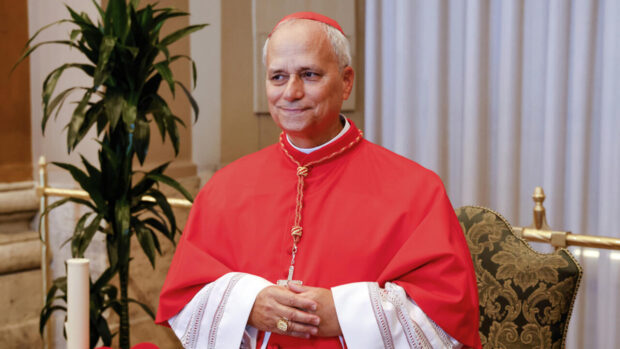
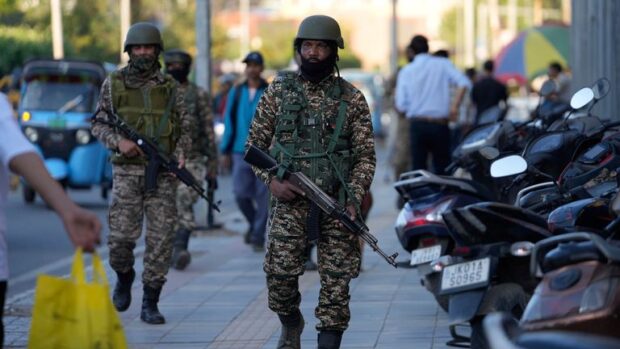





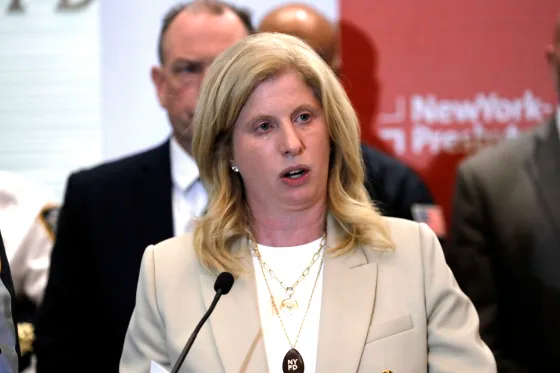
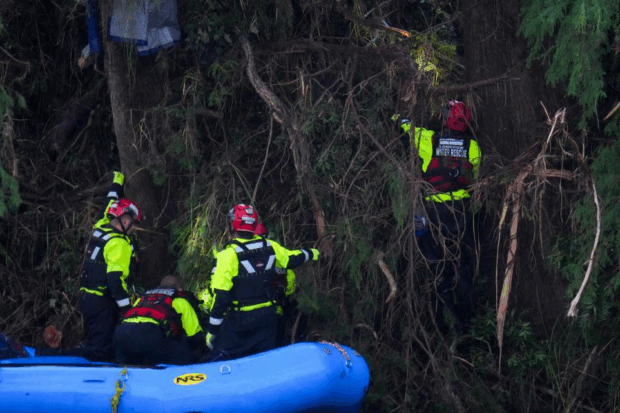


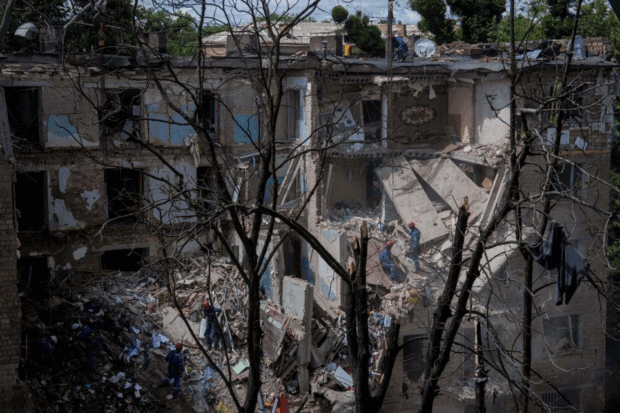
Be the first to leave a comment